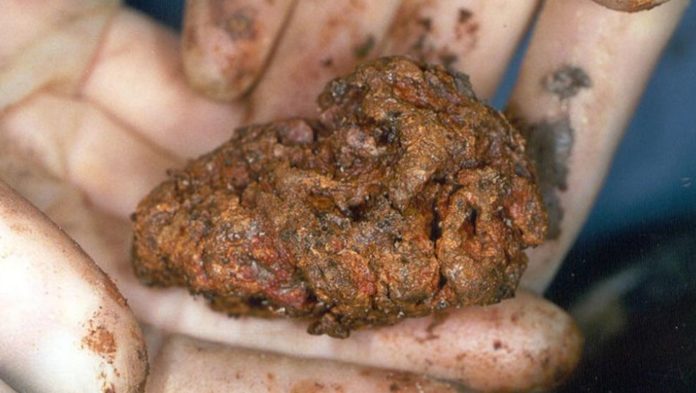Researchers discover how it is possible that the tissue has remained within a head buried in the British Isles
The reasons for his death remain a mystery. The man was beheaded in Heslington, near the present-day city of York, in the United Kingdom, and buried his head in muddy clay-rich terrain. More than 2,600 years later, archaeologists found the remains in 2008 and were surprised when they realized that a piece of the brain had survived inside.
The point is that brain tissue is an element that dissolves rapidly after the death of an individual due to self-protection (protein degradation) and putrefaction. In the case at hand, that part of the human brain had not only remained virtually intact for millennia but also retained characteristics such as its folds and grooves.
Decomposition
According to experts, within the first 36–72 hours after death, putrefaction begins and skeletonization is completed in just 5–10 years. “In conclusion, the preservation of human brain proteins at room temperature should not be possible for millennia in the wild,” they indicate in the Journal of the Royal Society Interface.
An international group of neurologists have studied the unexpected finding using various molecular techniques and have concluded that two structural proteins, which act as the “skeletons” of neurons and astrocytes (support cells), were tighter in this ancient brain.
In an experiment that has lasted a year, they discovered that these aggregate proteins – a hallmark of ageing and brain diseases such as Alzheimer’s – were also more stable than those of modern brains. In fact, the old protein groups may have helped preserve soft tissue structure for centuries.
Mummification allows the long-term preservation of soft tissues. That is how the iceman’s brain was kept intact, which was preserved in a glacier. In Heslington’s skull, the researchers saw a yellowish-brown mass through the great hole and identified that it was brain tissue after separating the sediments that covered it.
According to the researchers
“The ancient brain seemed shrunk and compact compared to a modern brain,” the neurologists write. “Unlike brain proteins, the DNA was of poor quality and avoided reliable sequencing. The data collected show that the formation of aggregates allows the preservation of brain proteins for millennia.
Scientists are still unsure of what caused the proteins to be added, but they suspect it might have something to do with the burial conditions, which seems to have followed some kind of ritual. The new findings could help researchers collect protein information from other old tissues from which DNA cannot easily recover,” they add.
